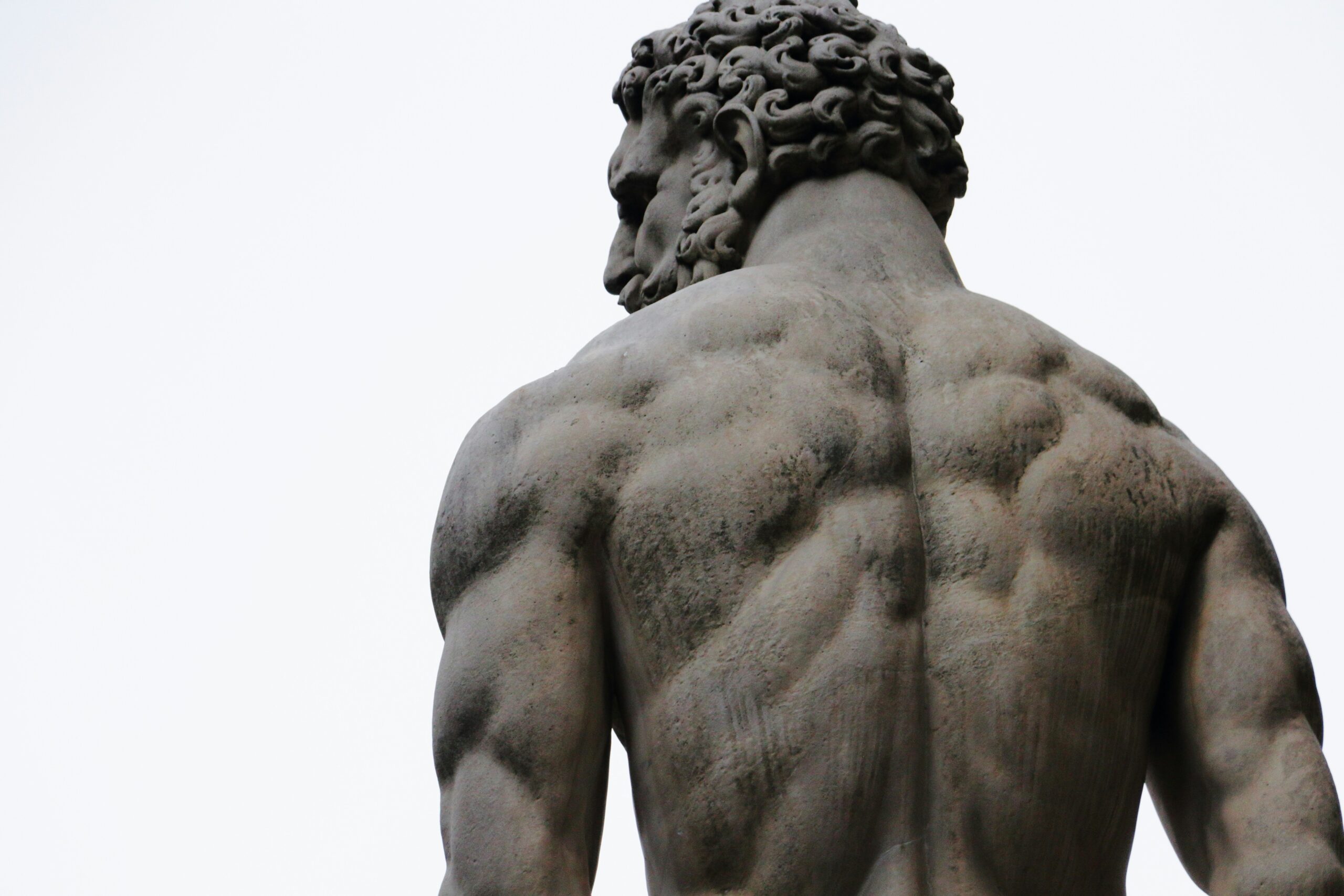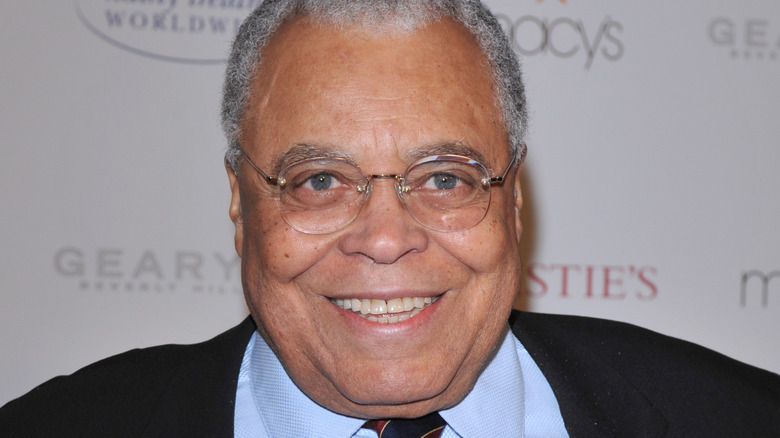
If I had to pick a starting point for when I began to question everything, it would be when I read an article titled, “Is Plastic Recycling a Lie?” It’s worth reading in its entirety, but here’s the jist of it:
“The proof is the dramatic amount of investment that is happening right now,” Russell said. “I do understand the skepticism, because it hasn’t happened in the past, but I think the pressure, the public commitments and, most important, the availability of technology is going to give us a different outcome.”
Here’s the basic problem: All used plastic can be turned into new things, but picking it up, sorting it out and melting it down is expensive. Plastic also degrades each time it is reused, meaning it can’t be reused more than once or twice.
On the other hand, new plastic is cheap. It’s made from oil and gas, and it’s almost always less expensive and of better quality to just start fresh.
All of these problems have existed for decades, no matter what new recycling technology or expensive machinery has been developed. In all that time, less than 10 percent of plastic has ever been recycled. But the public has known little about these difficulties.
It could be because that’s not what they were told.
Basically, almost none of the plastic we’ve been separating has been recycled. This revelation shook me for three reasons.
First- recycling is a lie. Read the article. There’s no escaping that conclusion. It’s mind-blowing to me that so many organizations and individuals, myself included, bought the lie hook, line and sinker.
Second- the evidence was there all along, and I doubted my own thinking because I couldn’t fathom that I was being lied to. I remember standing inside of a classroom when I was teaching. I tossed something into the garbage, then thought better of it and moved it into the recycling. I suddenly had the thought: “How does collecting trash and recycling with two different trucks, and processing them in two different facilities, actually help the earth? It seems like everything is just doubled.”
But I dismissed that thought. Clearly I wasn’t accounting for something, because of course recycling worked. Everyone wouldn’t do it otherwise, right? So even though there’s been clear evidence of the inefficacy of recycling, such as the constantly growing garbage piles in the Pacific, the lie endured because I didn’t trust my own eyes.
Third- Recycling was the closest thing I have to a sacred action. It seemed so simple and the benefits seemed so huge that it became very easy to imagine recycling as a moral duty. That moral duty was built on a foundation that is fundamentally untrue, and once the foundation of morality is cracked, it doesn’t take much to start chipping away at the rest of what’s called “moral” and “immoral”.
But most importantly, I wanted to do the right thing, and it turns out I wasn’t. Yes, I was lied to, but I also I accepted the lie. I had a moment of critical clarity and I rejected it. That’s on me. So now when I think I’m having such a moment in other areas of my life, I follow through on it. A lot of other stuff has crumbled as well, just like the recycling façade.









